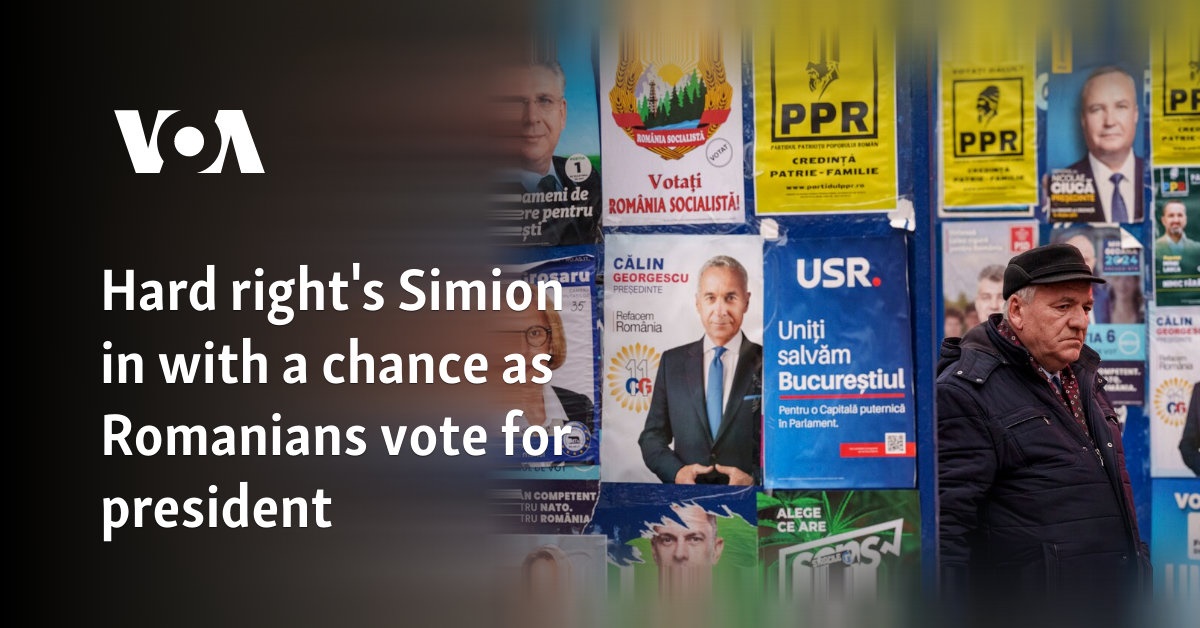With an Israeli onslaught decimating its leadership, one of the most entrenched and resilient militant groups in the Middle East is struggling to keep itself together.
As the US continues its efforts to finalise a ceasefire deal between Israel and Hezbollah, the Lebanese militia group’s new leader, Naim Qassem, this week took to the airwaves to issue one of his first speeches since taking office in late October.
He tried to strike a conciliatory tone, saying Hezbollah"had agreed to the Biden-Macron ceasefire deal on 23 September", but blamed his Israeli rivals for its failure, noting that they had assassinated the group's longtime leader, Hassan Nasrallah, just four days later.
Still, Qassem was defiant despite the the huge human and military cost Hezbollah has incurred in the last few months, offering a stark choice for Hezbollah fighters: “victory or martyrdom”.
But despite Qassem’s bellicose message and confident tone, many experts in the region are questioning whether Hezbollah’s famous resilience can continue for much longer.
Michael Stephens, a Middle East expert at the London-based Royal United Services Institute, told Euronews that Hezbollah has been severely damaged by Israel’s campaign, and is a fundamentally changed organisation as a result.
“The days of big funerals, the days of big leadership elections are over,” he said. “Anything they do will be penetrated by Israel, which makes it exceedingly dangerous.”
Kenneth Roth, a former director of Human Rights Watch who has been closely monitoring events in the region, told Euronews that Hezbollah’s leadership "has been decimated”.
Israel has killed multiple seniorofficials in Hezbollah’s political and military wings this year, including six leaders in the same week as Nasrallah’s assassination. Among them were the deputy head of its political council Nabil Kaouk, and the commanders of the militia’s drone, missile, and elite fighting forces.
Stephens speculated that, based on the Hezbollah leader’s own words, Qassem himself is more likely to face “martyrdom” than victory.
“He won't be around long. I guarantee you by this time next year, he won't be around,” Stephens said, concluding, “they’re in deep s***”.
‘Way down the hierarchy’: Who is Naim Qassem?
Born into a Shia family in southern Lebanon, Sheikh Naim Mohammad Qassem grew up in Beirut and studied theology under the prominent Shia cleric Grand Ayatollah Muhammad Husayn Fadlallah, whose preaching has been cited as a major inspiration for Hezbollah.
Qassem started his career as a chemistry teacher, but never strayed far from radical Shia politics and joined the Shia-aligned militia the Amal Movement in the 1970s before leaving in 1979.
From there he became a founding member of Hezbollah in the 1980s, and was appointed its deputy secretary general in 1991, a position he retained until being elevated to lead the organisation this year.
However, many Middle East observers are questioning how much actual authority Qassem actually wields.
“This guy's way down the hierarchy,” Roth told Euronews.
Stephens agreed, saying that Hezbollah is “going down to third tier people” and suggesting that “regional commanders” may now control a patchwork of localised battalions with Qassem acting more as a ceremonial figurehead.
The sledgehammer that wasn't
Given that Israel has wiped out much of the central leadership of Hezbollah — along with more than3,500 fighters — since hostilities erupted in the wake of the 7 October attacks and Israel’s military campaign in Gaza, some wonder how the once highly-organised militia group will actually enforce any ceasefire deal amongst its own fighters.
As Stephens put it, “If they don't, Israel will just keep mowing them down, and they're doing it rather successfully, albeit at a horrible and terrible cost”.
The US proposals would supposedly allow Israel to continue targeted strikes within Lebanon, a move that has been widely criticised for being “one-sided”.
Hezbollah’s main international backer, Iran, has also reportedly pushed the group to accept the terms of the deal. Israel has struck multiple targets inside Iran in recent months, and the government in Tehran is not keen to incur further attacks. And with Hezbollah's capacity badly undercut, the group's utility as an Iranian proxy is dramatically reduced.
“They were a sledgehammer to deter Israel from attacking Iran," Roth said. "That sledgehammer has turned out to be a toothpick.”

 By Euronews | Created at 2024-11-23 07:11:16 | Updated at 2024-11-24 03:34:16
20 hours ago
By Euronews | Created at 2024-11-23 07:11:16 | Updated at 2024-11-24 03:34:16
20 hours ago








